In a world where the demands of everyday life can leave us exhausted, the appeal of a low-maintenance pet becomes increasingly apparent. Reptiles, with their quiet demeanor and minimal social requirements, offer a unique alternative to traditional high-interaction pets like dogs and cats. These fascinating creatures provide companionship without the constant need for attention, making them ideal for certain lifestyles. While they may not greet you at the door with wagging tails or purr contentedly on your lap, reptiles offer a different kind of connection—one based on observation, appreciation, and the subtle joy of caring for a creature that thrives in your care without demanding your constant attention.
The Appeal of Low-Maintenance Companionship
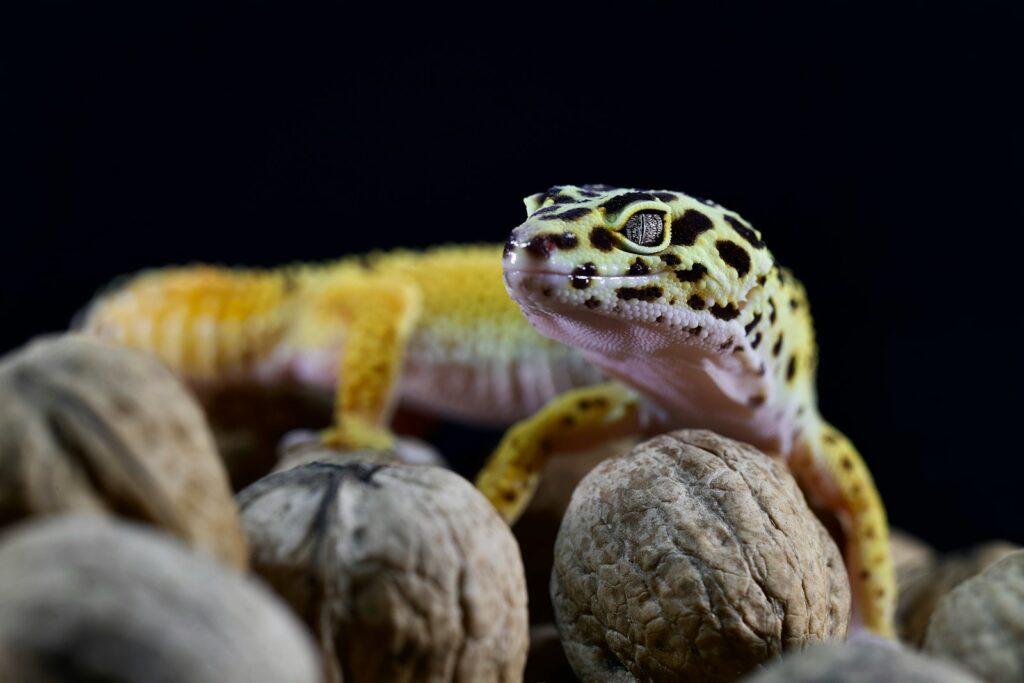
Reptiles represent a perfect balance between pet ownership and independent living. Unlike dogs that require multiple daily walks or cats that might wake you at dawn for breakfast, most reptiles are content with minimal daily interaction. This low-maintenance relationship can be ideal for busy professionals, individuals with limited energy, or those seeking the joy of animal companionship without overwhelming responsibility. Many reptile owners appreciate that their scaled friends don’t experience separation anxiety when left alone during work hours or travel. For people with unpredictable schedules, the flexibility of reptile care provides the satisfaction of pet ownership without the guilt that can accompany leaving a more socially dependent animal alone.
Perfect for Modern Living Situations
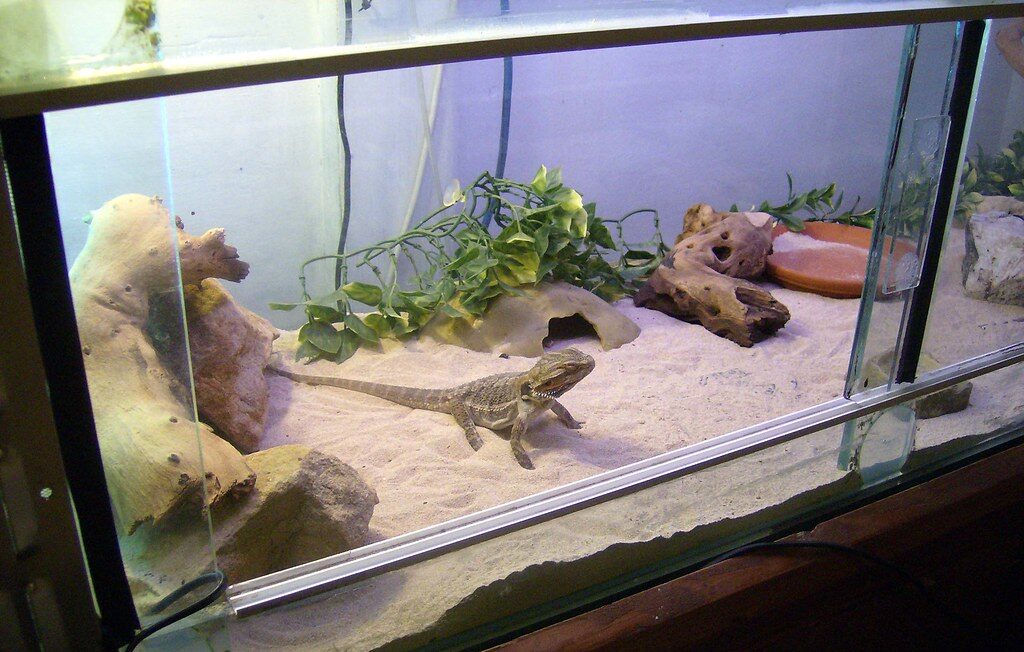
The housing requirements of reptiles make them exceptionally well-suited to contemporary living arrangements. Most species thrive in appropriately sized terrariums, eliminating concerns about limited living space in apartments or small homes. Their enclosures can be beautifully integrated into home décor as striking display pieces, adding visual interest to your living environment. Unlike traditional pets, reptiles don’t create noise disturbances, making them ideal for those with close neighbors or thin walls. Additionally, many landlords who prohibit cats and dogs may permit reptiles, opening pet ownership possibilities to renters who would otherwise be unable to enjoy animal companionship.
Allergy-Friendly Alternative
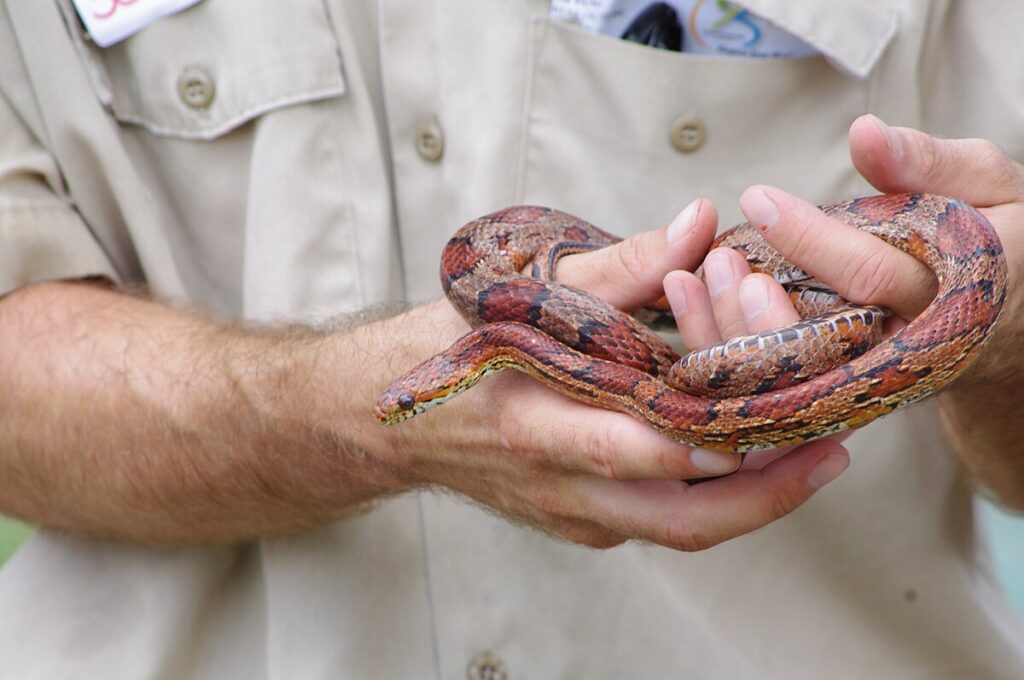
For the millions who suffer from pet allergies, reptiles represent a gateway to pet ownership that might otherwise remain closed. The scales that cover reptiles’ bodies don’t produce the allergenic dander associated with fur and feathers, making them hypoallergenic options for sensitive individuals. Even those with severe allergic reactions to mammalian pets typically find they can comfortably share their homes with reptilian companions. This quality makes reptiles particularly valuable for families with allergic members who still wish to experience the educational and emotional benefits of animal care. Additionally, the reptile’s enclosure further contains any potential allergens, creating a clear boundary between living spaces and pet habitat.
Minimal Feeding Requirements
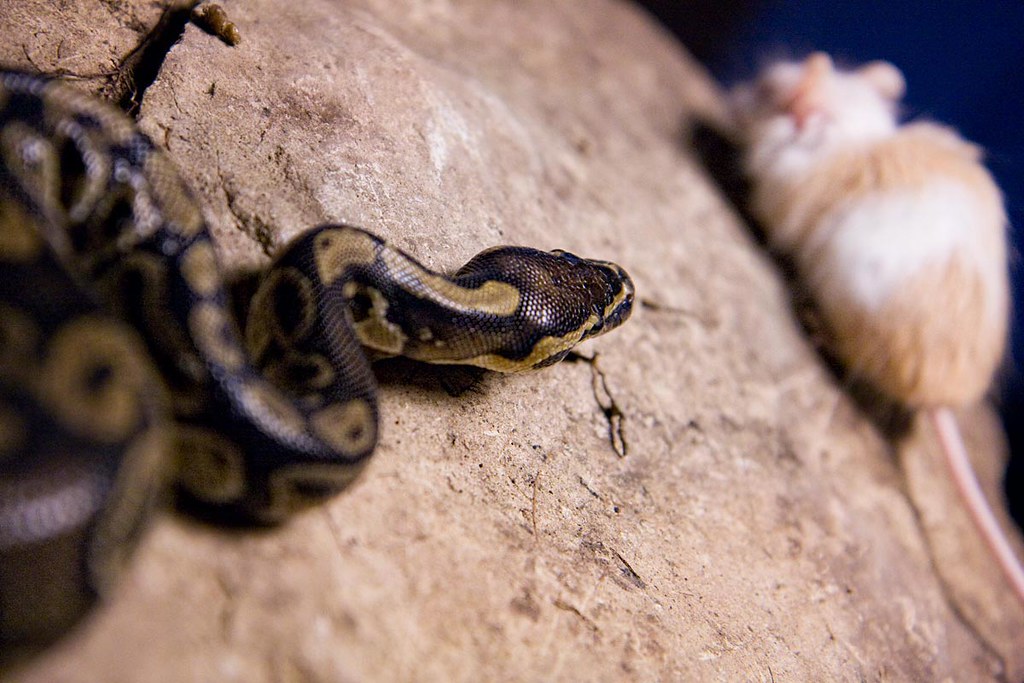
The feeding schedule for most reptiles represents another aspect of their appeal as low-interaction pets. Many adult reptiles only require feeding a few times per week or even less frequently, with some larger snake species eating just once every few weeks. This infrequent feeding schedule contrasts sharply with the daily or multiple-times-daily feeding routines required by traditional pets. For travelers or those with irregular schedules, this feeding flexibility provides significant convenience without compromising the animal’s welfare. Additionally, the predictable feeding costs make budgeting for reptile care straightforward, with minimal unexpected expenses compared to other types of pets.
The Zen of Reptile Observation
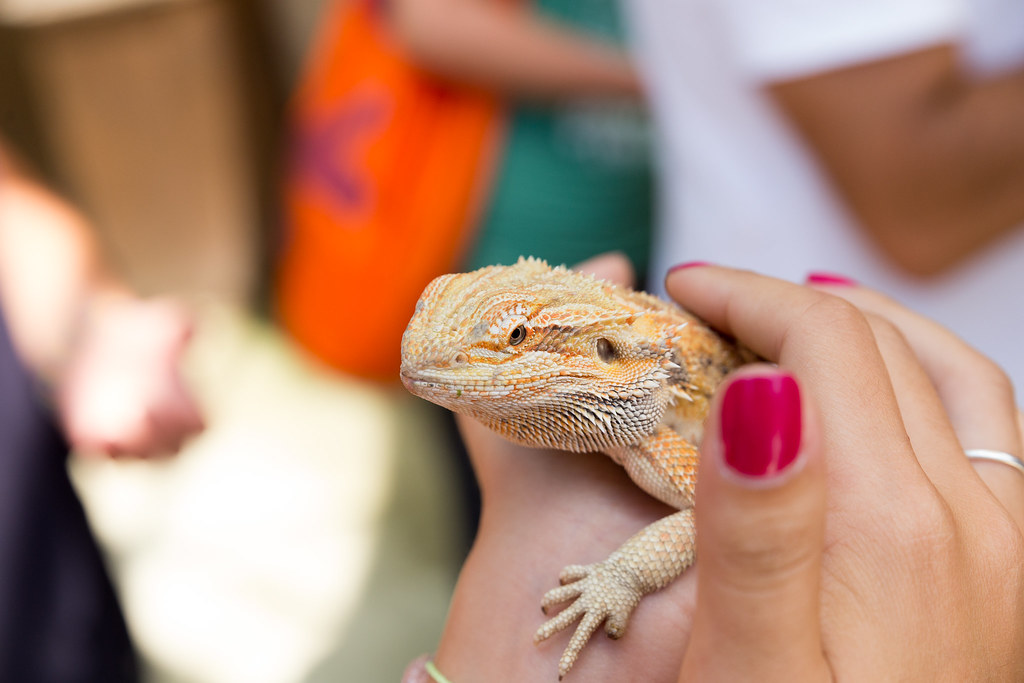
Reptile ownership offers a unique form of companionship based more on observation than physical interaction. Many owners describe watching their reptiles as meditative and calming, providing a peaceful counterpoint to hectic daily life. There’s something profoundly satisfying about creating a perfect microenvironment and observing these ancient creatures go about their natural behaviors. Their movements—whether a bearded dragon’s deliberate head bob, a gecko’s nimble climb, or a snake’s graceful exploration—offer windows into evolutionary adaptations refined over millions of years. For many, this observational relationship fosters a deeper appreciation for biology and natural history than more conventional pet relationships might provide.
Ideal for Individuals with Sensory Sensitivities
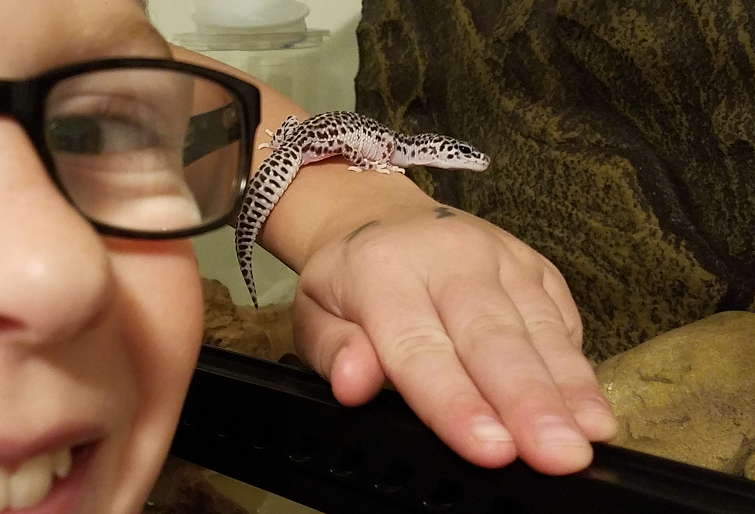
The gentle, predictable nature of reptiles makes them excellent companions for individuals with certain sensory processing disorders, autism spectrum conditions, or anxiety disorders. Unlike more energetic pets that may make sudden movements or loud noises, reptiles typically move deliberately and silently, creating a calm, controlled interaction environment. Many therapists note that reptile care can provide structured routine without overwhelming sensory input for those who find other pets stressful. The tactile experience of holding certain reptiles can also offer therapeutic sensory input, with the smooth scales or gentle weight providing grounding comfort. For many individuals with these conditions, reptile care provides a sense of connection and responsibility without triggering sensory overload.
Long Lifespans and Lasting Companionship
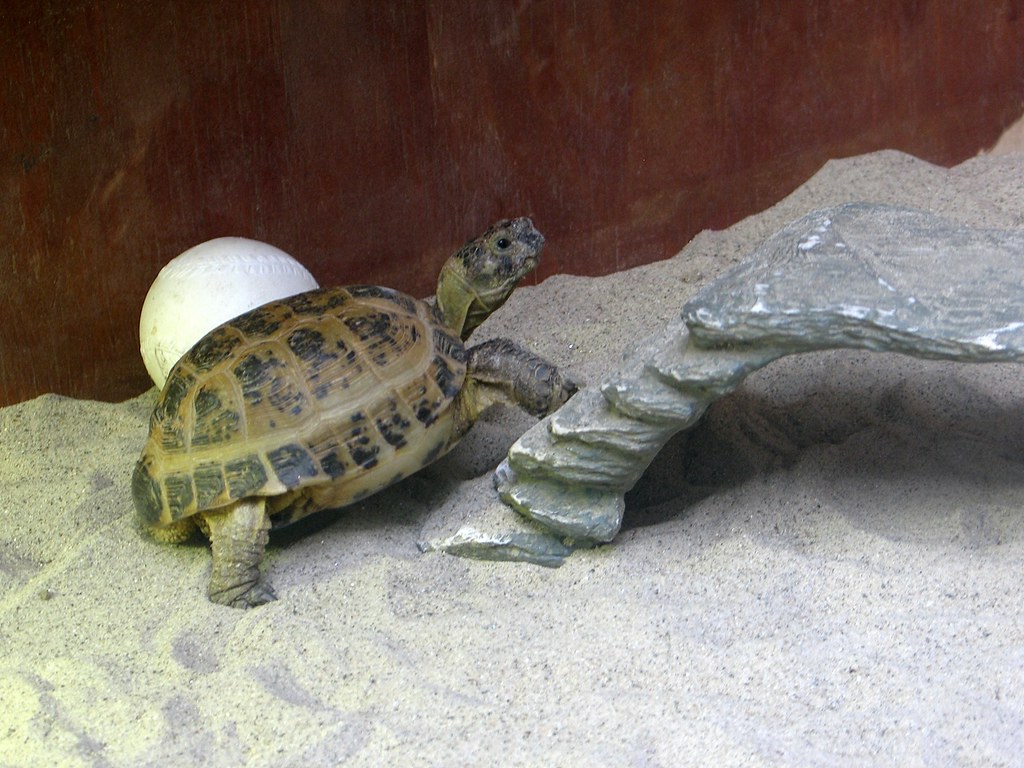
Many reptile species offer the potential for remarkably long relationships when properly cared for. Tortoises famously can live for decades or even centuries, but even more common pet reptiles like bearded dragons and ball pythons frequently live 15-30 years. This longevity allows for deep, lasting bonds to form between reptiles and their caretakers despite their independent nature. For those seeking a companion throughout different life stages, reptiles can provide consistency through life transitions in a way that shorter-lived pets cannot. The commitment to a long-lived reptile also encourages thoughtful consideration of the responsibility, often leading to more prepared and dedicated owners who truly appreciate the relationship.
Educational Value for All Ages
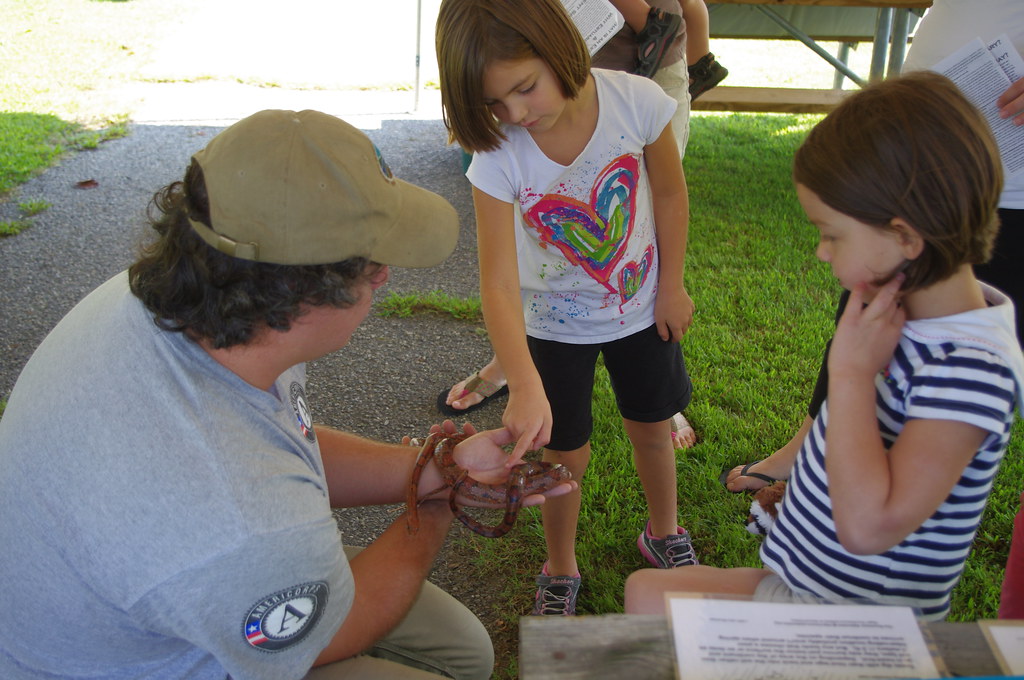
Reptiles serve as living educational tools, providing hands-on learning about biology, ecology, and natural history. Children and adults alike can learn about adaptation, evolution, and environmental needs through observing and caring for these fascinating creatures. The process of creating and maintaining proper habitat conditions teaches practical applications of scientific concepts regarding temperature regulation, humidity, and environmental requirements. Many schools and educational programs utilize reptiles specifically because they combine educational value with relatively simple care requirements. Additionally, reptile keeping often sparks interest in broader conservation issues, as owners become more aware of habitat threats facing wild populations of their captive species.
Choosing the Right Reptile Species
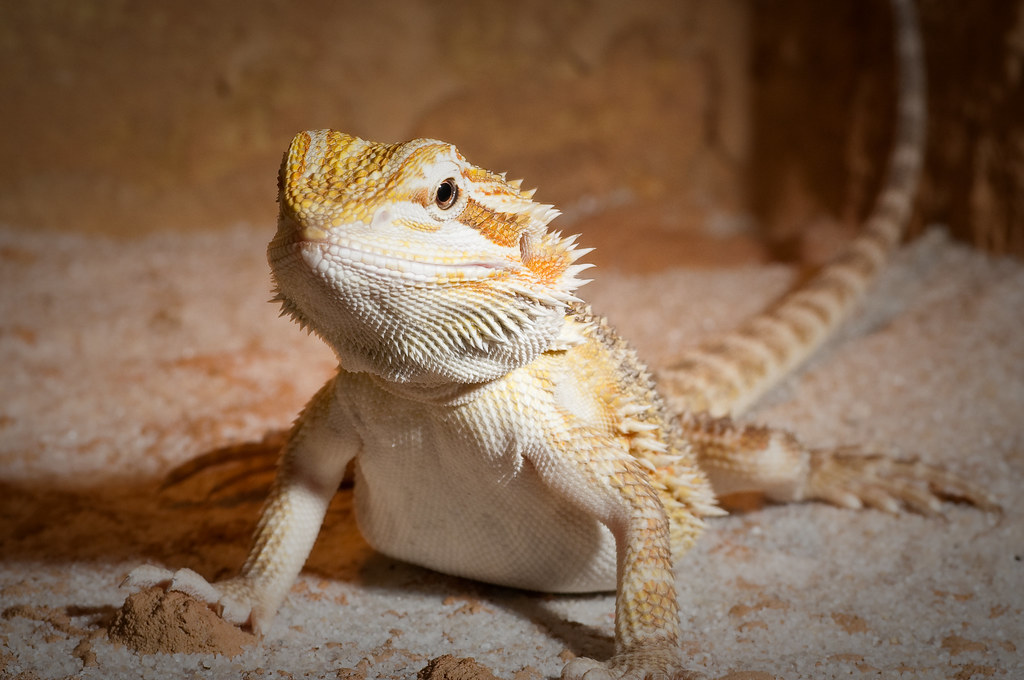
While reptiles generally require less interaction than mammals, different species vary significantly in their care requirements and handling tolerance. Bearded dragons are often recommended for beginners due to their docile nature, tolerance for handling, and relatively straightforward care needs. Leopard geckos represent another excellent entry point into reptile keeping, requiring minimal space and adapting well to gentle handling sessions. For those interested in minimal-handling observation pets, many snake species thrive with just occasional interaction, though their feeding requirements may be challenging for some owners. Researching species-specific needs thoroughly before acquisition is essential, as lifespans, adult sizes, and environmental requirements vary dramatically across reptile species.
Setting Up for Success
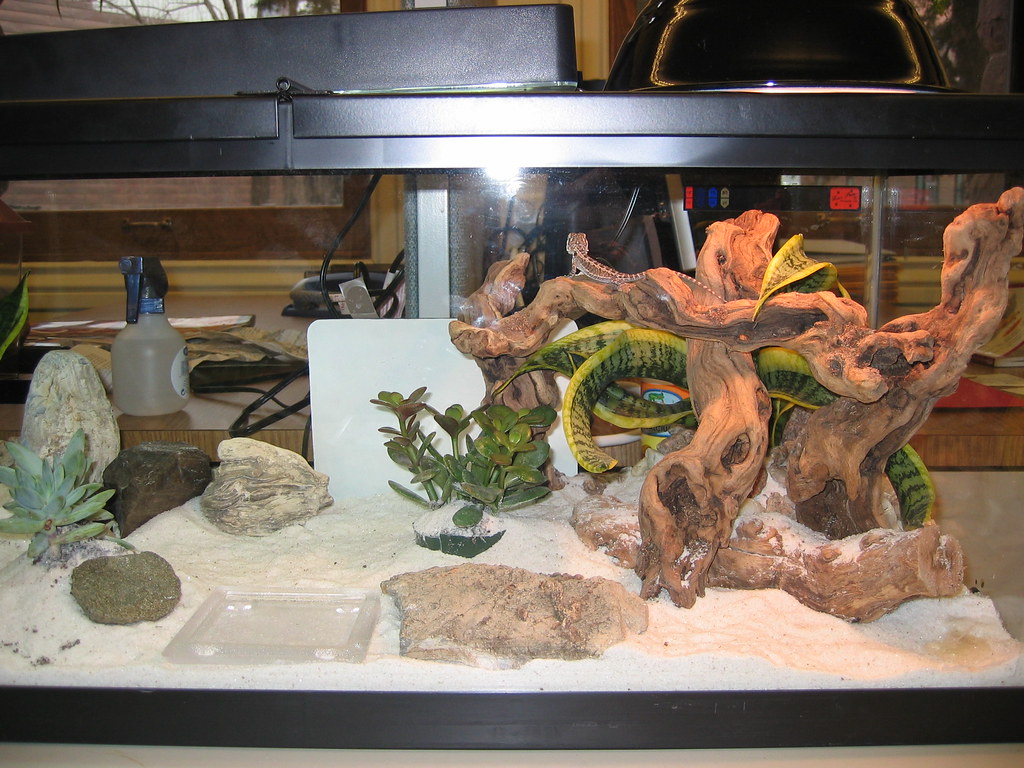
Creating the proper habitat represents the most significant investment—both financially and in terms of research—in reptile keeping. Each species requires specific temperature gradients, humidity levels, lighting types, and habitat features to thrive. The upfront investment in quality equipment—including appropriate enclosures, heating elements, UVB lighting for many species, and thermostats—ensures your reptilian companion’s health and well-being. While this initial setup can be more expensive than supplies for some traditional pets, the ongoing maintenance costs typically remain lower over time. Cutting corners on habitat essentials often leads to health problems, so prospective owners should budget appropriately for proper equipment before bringing home a reptile companion.
Understanding the Commitment
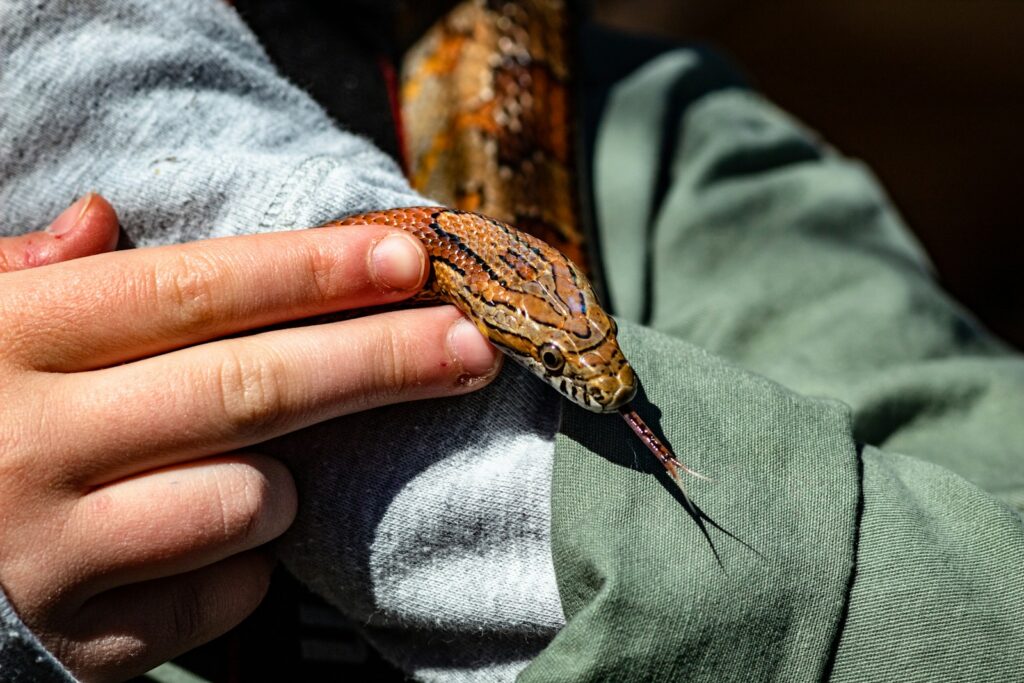
While reptiles require less daily interaction than many pets, they still represent a significant commitment deserving careful consideration. Their enclosures need regular cleaning, their environmental parameters require monitoring, and they depend entirely on their keepers for proper nutrition and healthcare. Some species can live for decades, potentially outlasting major life changes like college, marriage, or relocation. Responsible reptile ownership includes having a contingency plan for your pet’s care during vacations, emergencies, or other disruptions to normal routines. Additionally, finding qualified veterinary care can be challenging in some areas, as not all veterinarians are trained in reptile medicine, making research into available healthcare options essential before bringing home a reptilian companion.
Building Trust and Connection
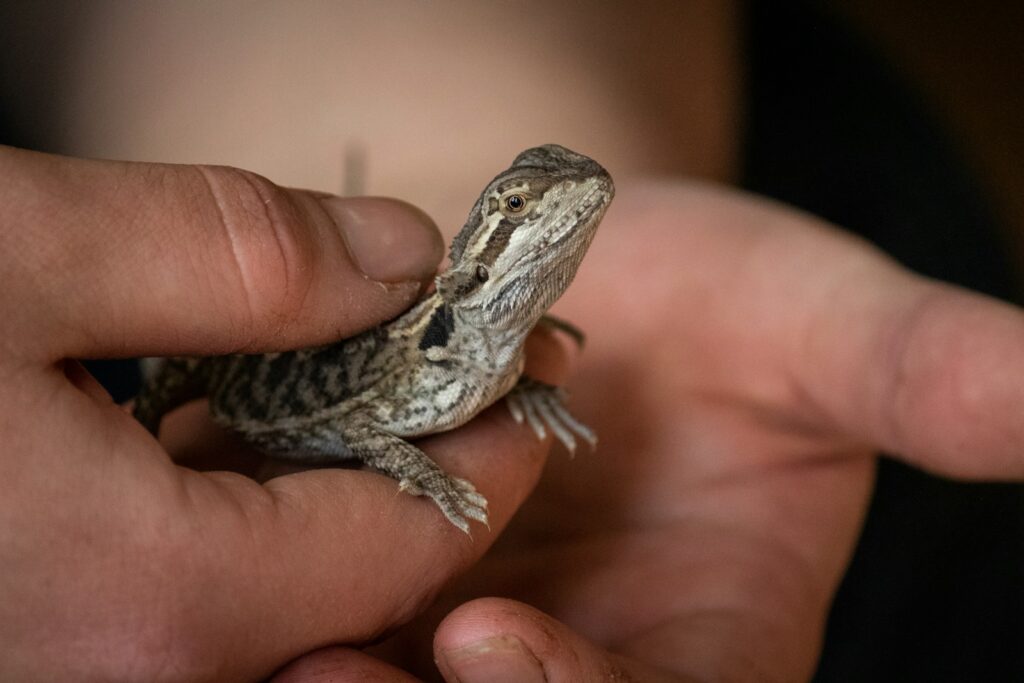
While reptiles may not demonstrate affection in ways familiar to dog or cat owners, many species can develop recognition of their caretakers and comfort with routine handling. Consistent, gentle interaction builds trust, with many owners reporting their reptiles seeking them out or showing unique behaviors in their presence. Bearded dragons, for instance, often relax and close their eyes when held by familiar humans, while many snakes become noticeably calmer with their regular handlers compared to strangers. These subtle signs of recognition and comfort might not match the enthusiastic greetings of conventional pets, but they represent meaningful connections within the parameters of reptilian psychology. For many owners, this more subtle relationship creates a special bond based on respect for the animal’s nature rather than expecting them to conform to mammalian social patterns.
Finding Balance in Reptile Care

The ideal reptile-human relationship strikes a balance between acknowledging these animals’ independent nature and providing appropriate care and enrichment. While reptiles don’t require constant attention, they still benefit from environmental enrichment through proper habitat design, occasional handling (for species that tolerate it), and varied feeding experiences. Understanding your specific reptile’s natural history helps create an appropriate care routine that respects their biological needs while providing mental stimulation. The key lies in appreciating reptiles for what they are—fascinating evolutionary marvels with their own unique requirements—rather than expecting them to fulfill the same role as more traditionally interactive pets. This balanced approach leads to healthier, more natural behaviors from your reptilian companion and a more rewarding relationship for the human caretaker.
The quiet charm of reptiles offers a distinctive form of companionship perfectly suited to many contemporary lifestyles. Their minimal interaction needs, fascinating behaviors, and unique care requirements create a relationship based on observation, respect, and appreciation rather than constant engagement. For the right owner—whether dealing with allergies, limited space, busy schedules, or simply a preference for a more independent pet—reptiles provide the satisfaction of animal companionship without overwhelming demands. While they may not offer the exuberant affection of more traditional pets, reptiles reward their keepers with glimpses into an ancient evolutionary lineage, subtle signs of recognition, and the profound satisfaction of creating an environment where these remarkable creatures can thrive. In our increasingly hectic world, perhaps there’s something particularly valuable about companions who ask not for constant attention, but simply for understanding and appropriate care on their own unique terms.
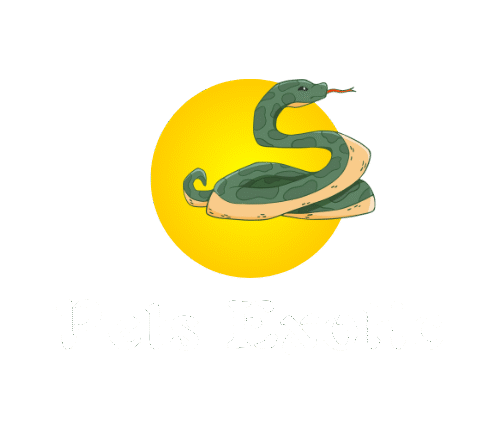
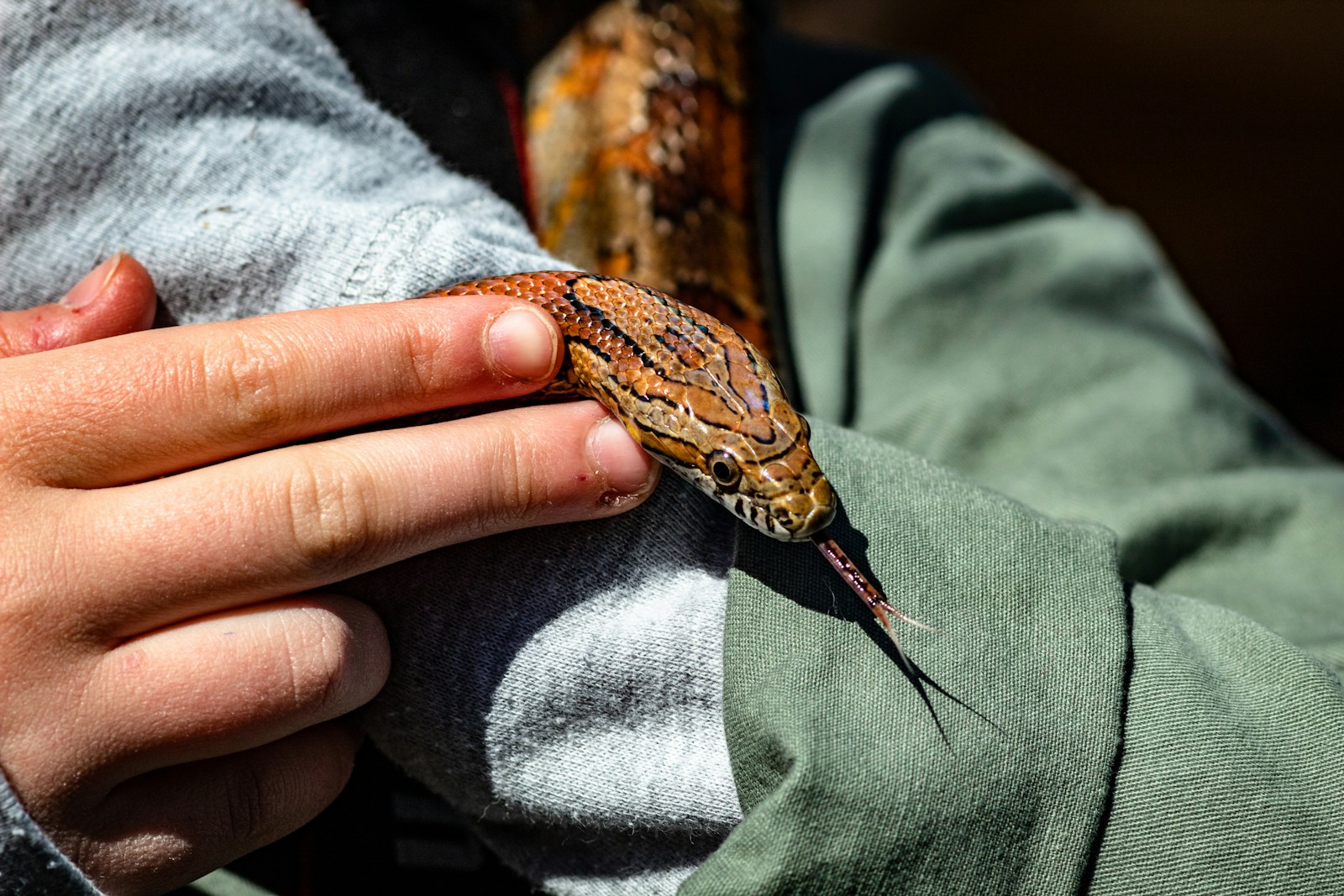
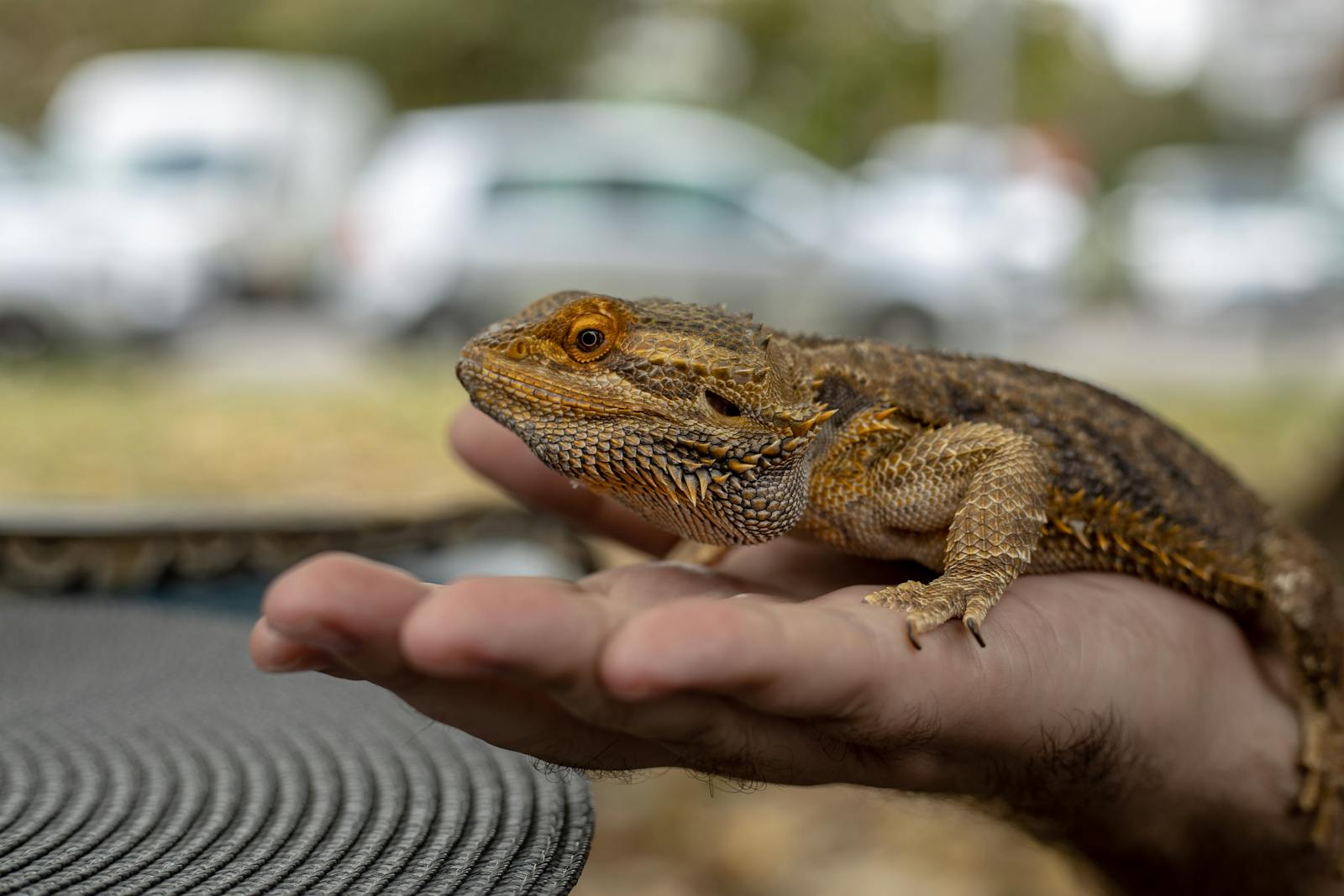
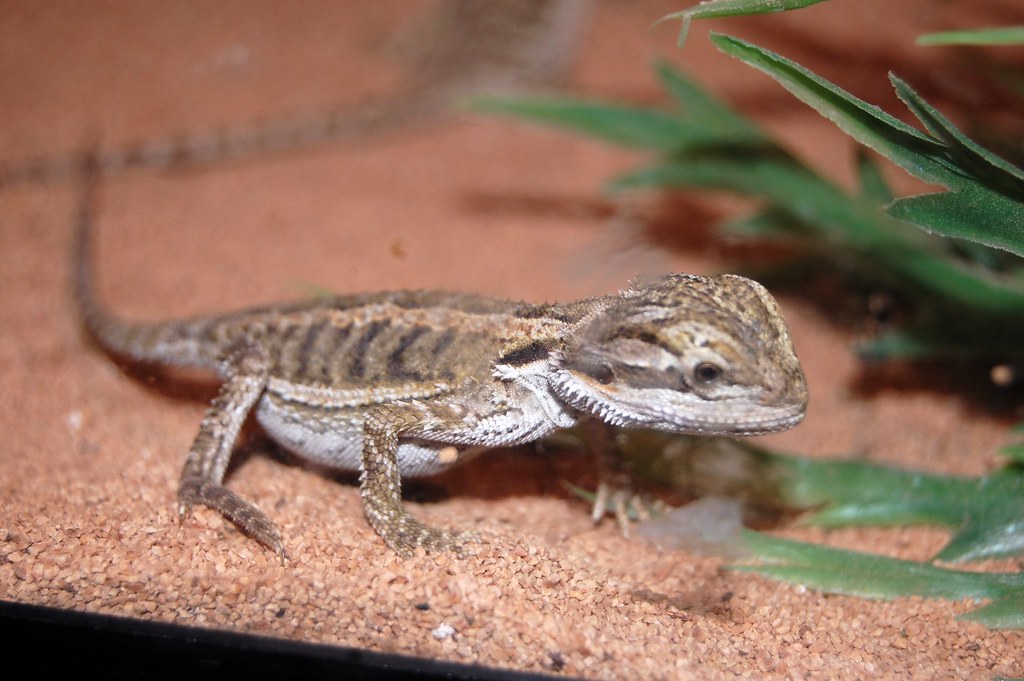
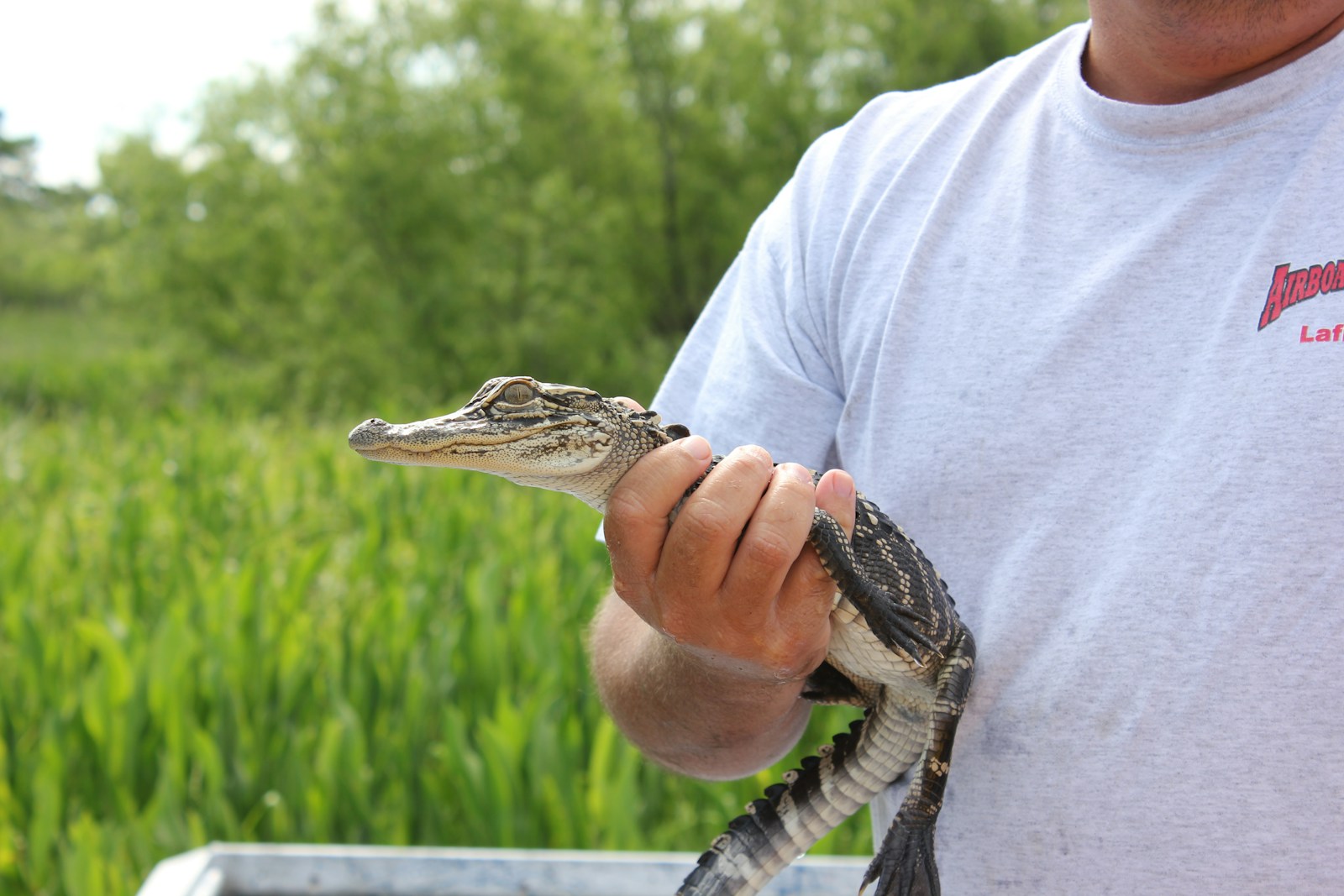

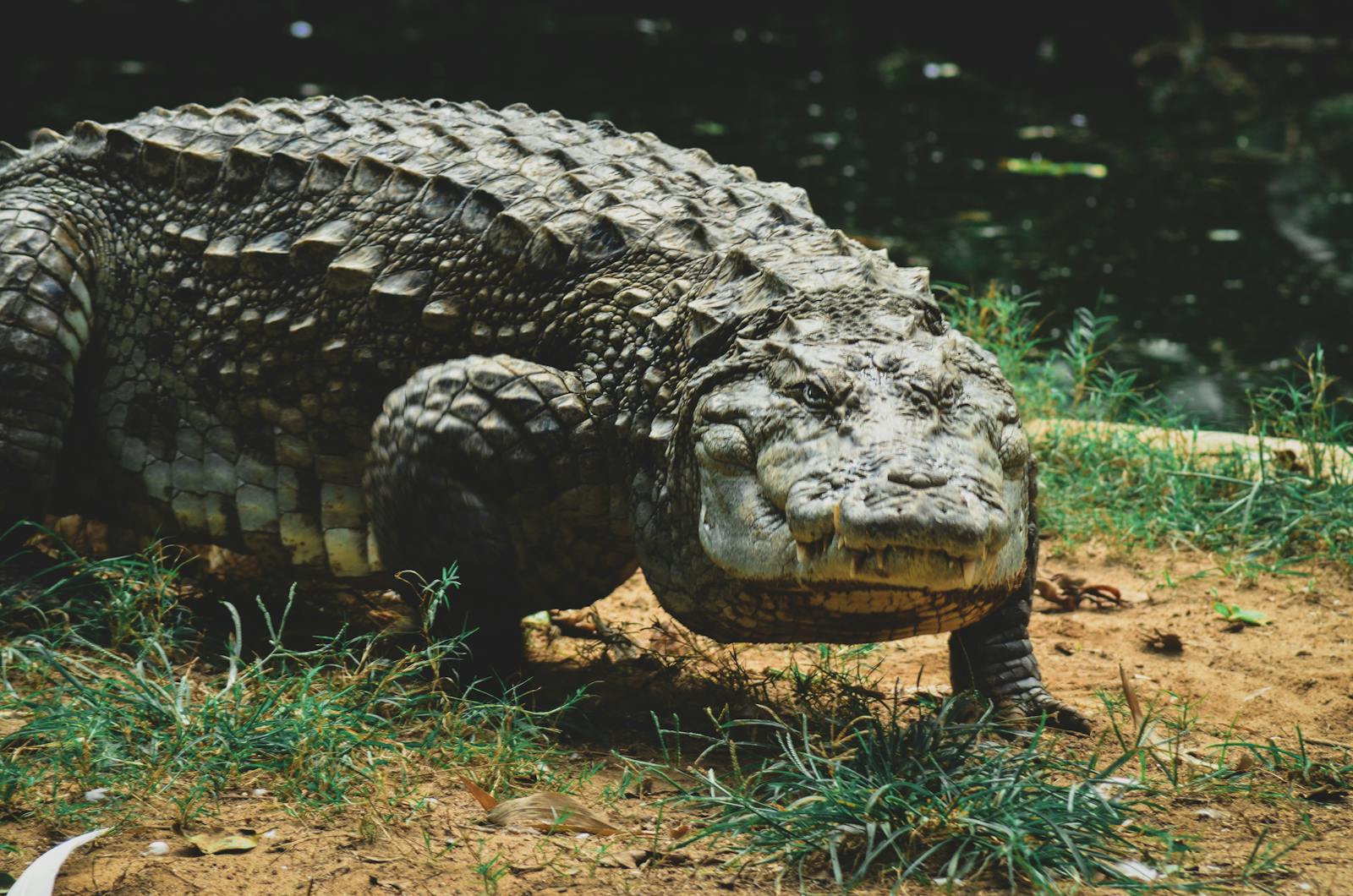
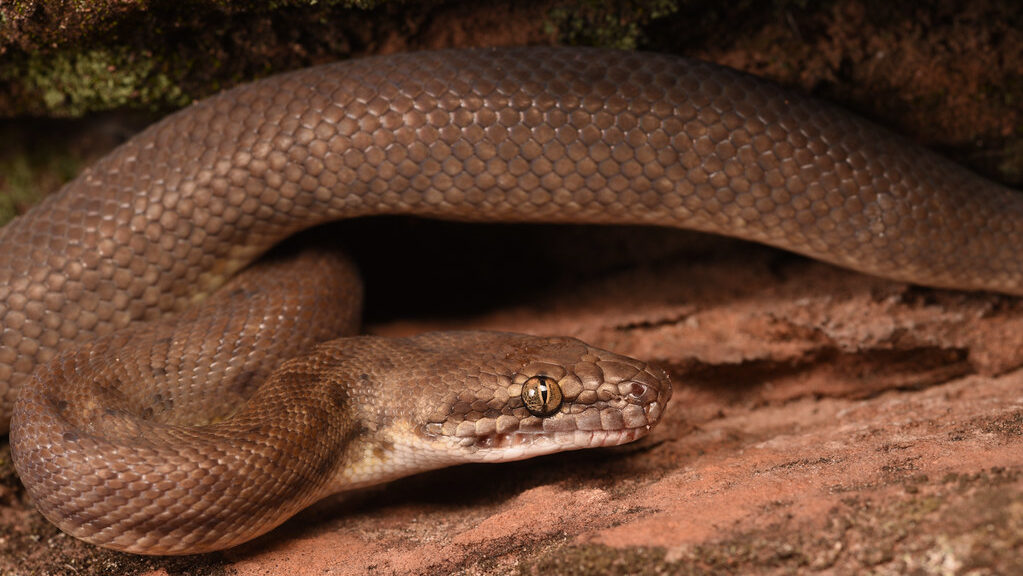
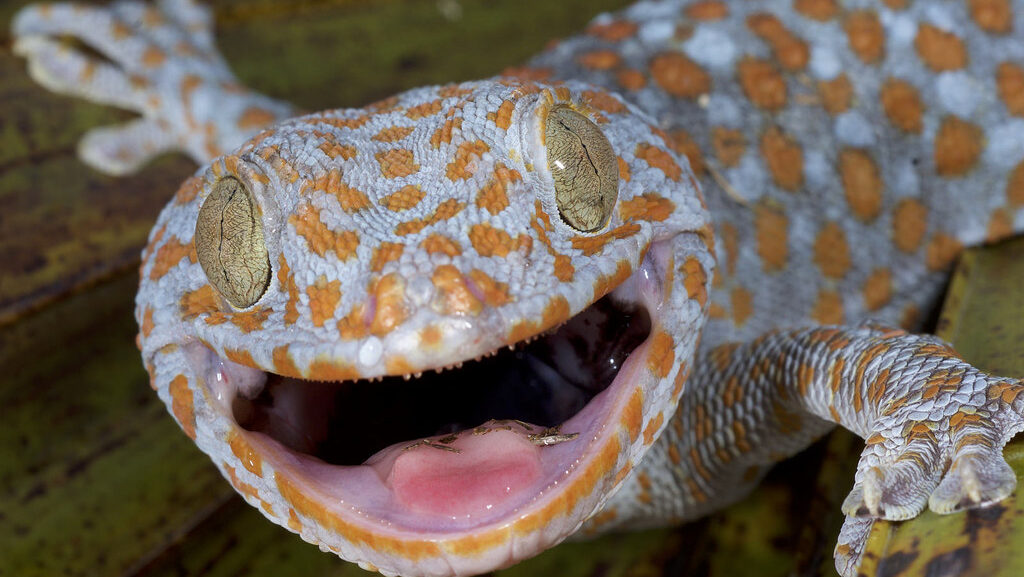



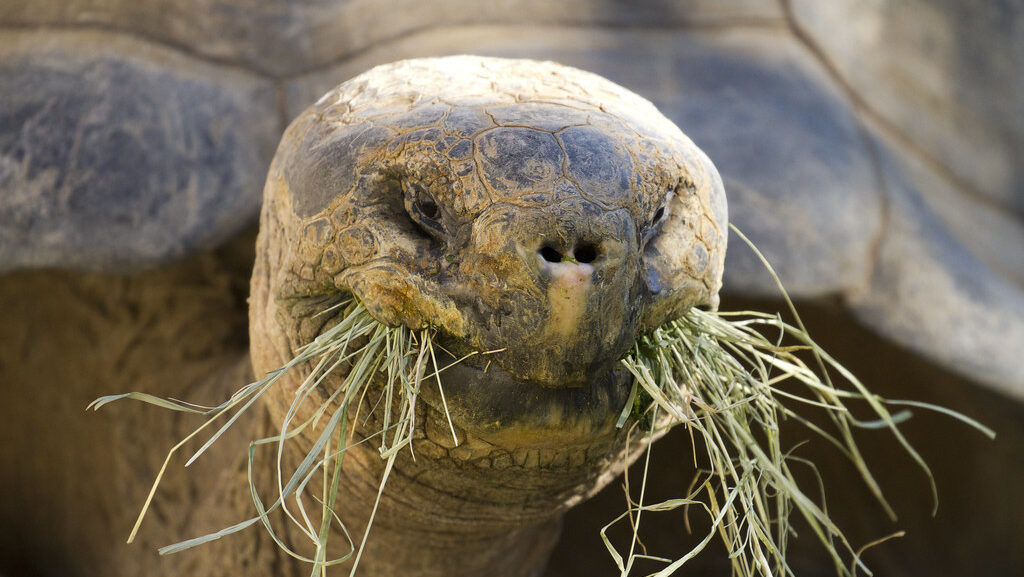
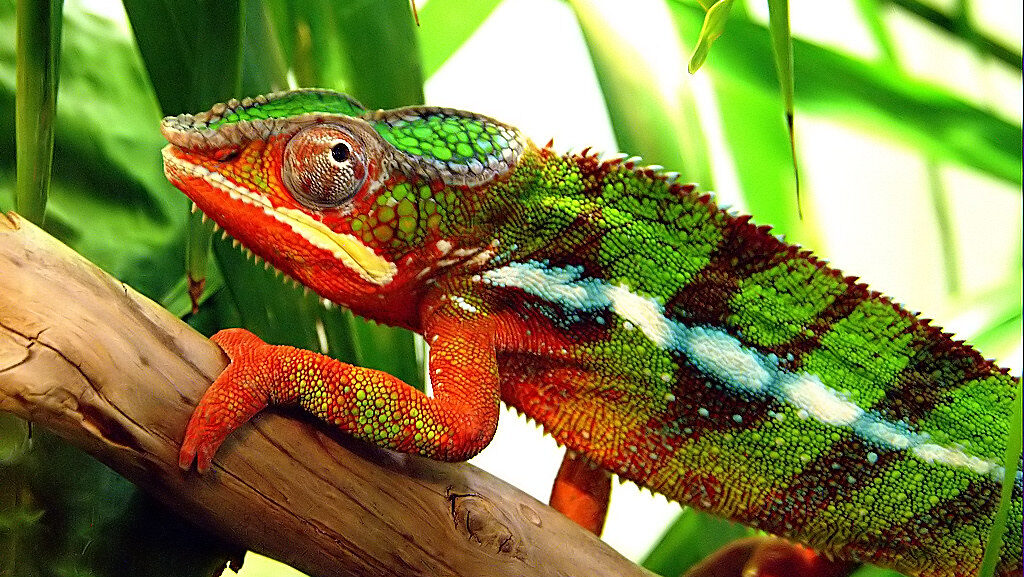
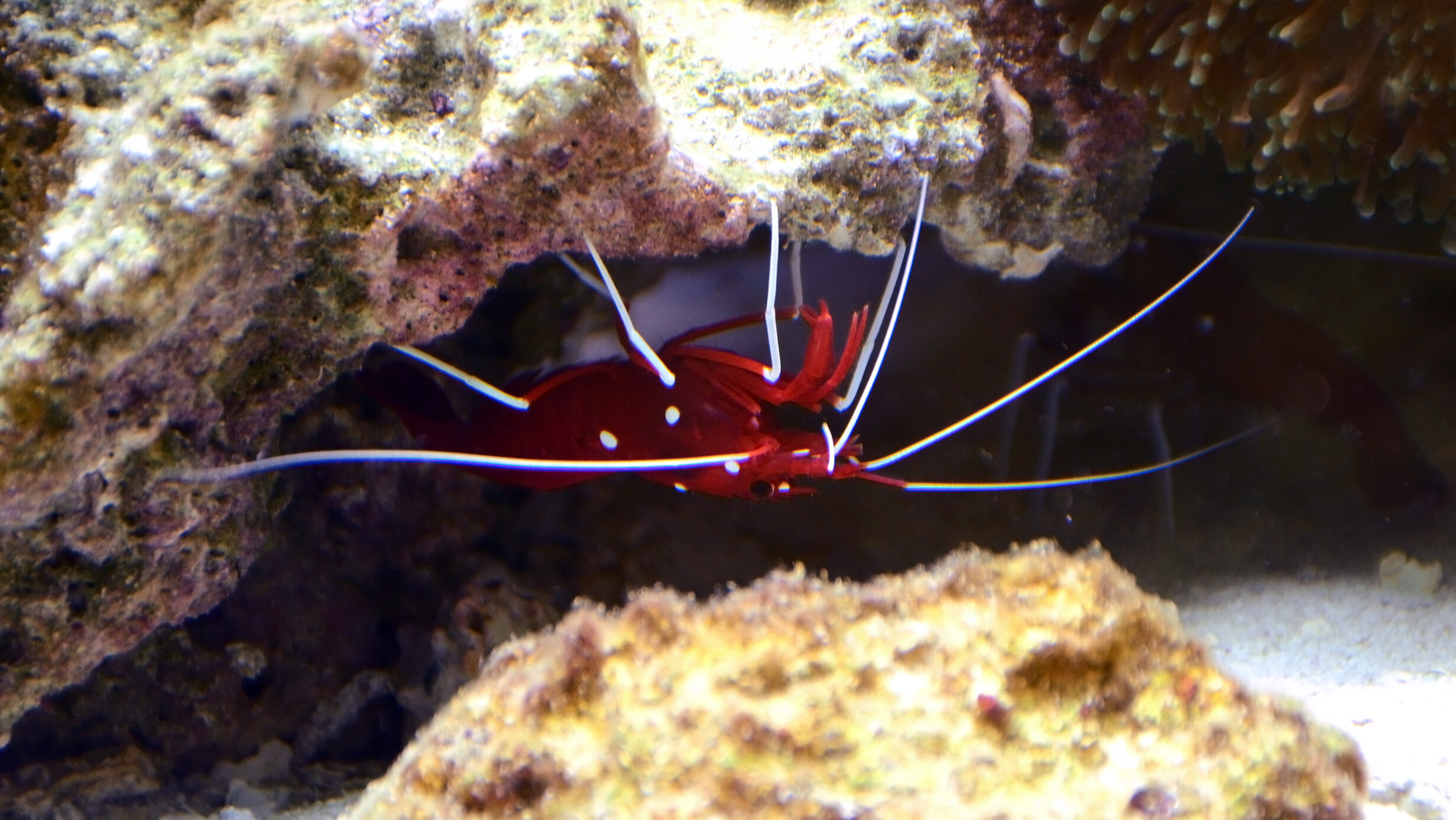
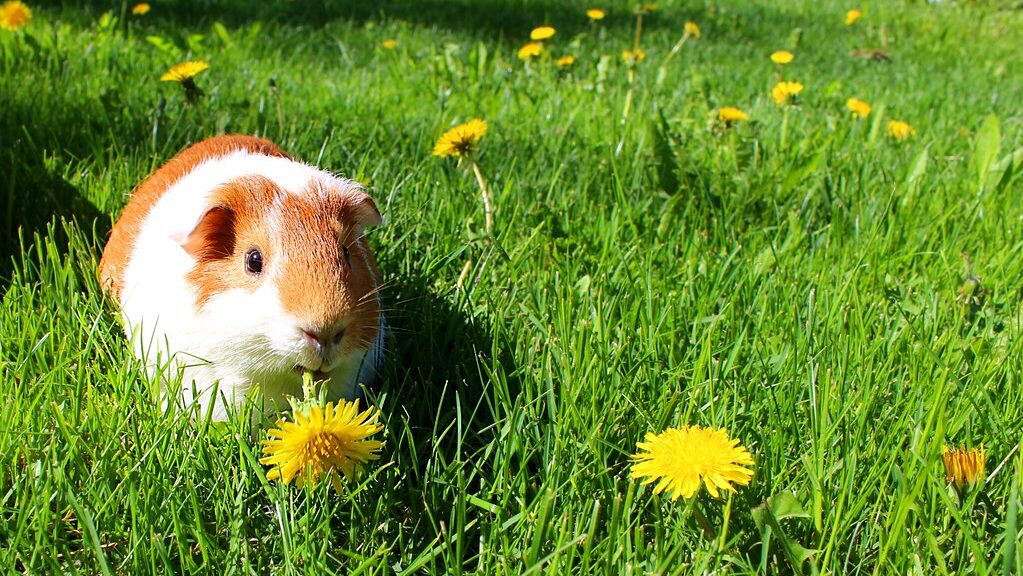
Leave a Reply